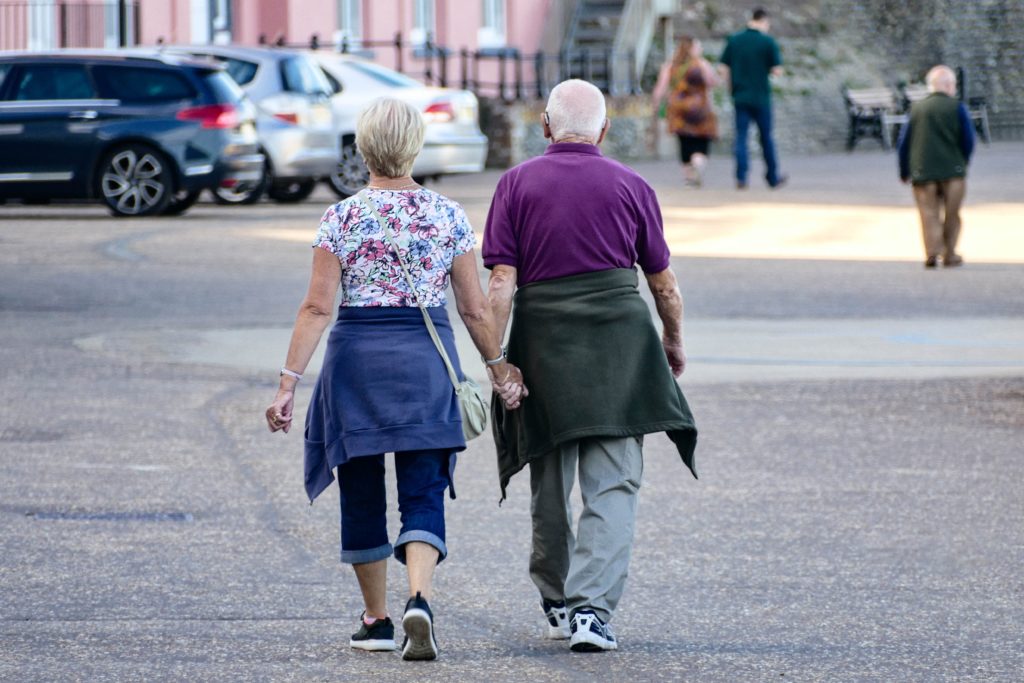Geriatric Oncology
Cancer is a leading cause of disease burden for older people in Australia. Approximately 75% of new cancers are diagnosed in men aged 60 years or older and 64% in women aged 60 years or older
Home / Screening and Safety / Special Cancer Populations / Cancer Across the Lifespan / Geriatric Oncology

Considerations for treating older people with cancer
- Older people with cancer commonly experience fatigue, sleep disturbance, symptoms of peripheral neuropathy, cognitive difficulties, sarcopenia and muscle weakness, anxiety, distress and fear of cancer recurrence. Functional difficulties are similar to older people without cancer but the rate of decline can be greater for those receiving cancer treatment.
- Older people with cancer may also be more likely to have concurrent co-morbidities such as osteoporosis, cardiovascular disease and diabetes. These conditions may pose barriers or limitations to exercise.
- Individualised exercise is safe, feasible and beneficial for older people with cancer.
Assessment
- Assessment should be multidimensional to identify age- and cancer-related issues common to older people with cancer.
- Ensure a comprehensive medical history is taken to account for co-morbidities so you can modify the rehabilitation program accordingly.
- Complete a comprehensive assessment of function including activities of daily living, falls risk, and gait.
- You may consider a referral to a geriatrician or geriatric oncologist, especially for people with complex needs. The geriatrician or geriatric oncologist can assist with detailed geriatric assessment (GA) and coordination of care for older people. GA can guide oncologic treatment, as well as non-oncologic interventions such as psychosocial interventions, polypharmacy and medication management, nutritional interventions, physiotherapy and psychological care. GA-guided interventions for older people with cancer have been shown to enhance treatment tolerance, improve quality of life and functioning, and reduce unplanned hospital admissions
Exercise Recommendations
- Limited guidance exists relating to specific exercise prescription for the older person with cancer. Older people with cancer should be encouraged to achieve recommended exercise levels for adults with cancer. However, exercise rehabilitation programs for the older people may have a greater emphasis on improving physical function aligned with patient goals which includes more emphasis on functional strength, fatigue management and energy conservation, balance retraining and falls prevention.
- A multidisciplinary approach including input from the geriatrician, occupational therapy, dietitian, psychologist and social workers may be more frequently required when working with older people with cancer to address the many issues they face.
